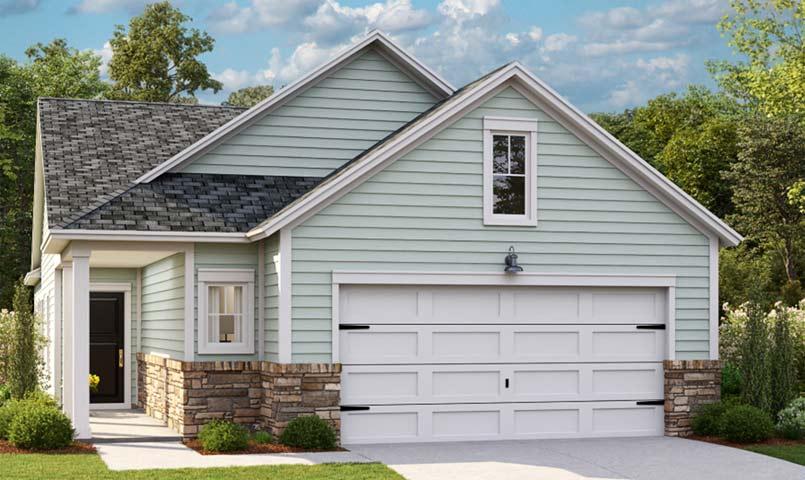by Robert Borges on October 6, 2024
Renting out a house in a 55+ community is possible, but it often comes with specific restrictions and guidelines that vary by community.
If you want to rent your home in a senior community, it’s best to check the homeowner association (HOA) documents before starting the process. It’s also a good idea to speak with the management company to ensure you have the right to rent and learn the terms that need to be included in a lease.
In most cases, there are specific rules about if and how you can rent out a house in communities designed for people who are fifty-five years or older.
Common Considerations for Renting Your Home

Most 55+ communities in South Carolina and other states want to limit the number of rentals available at any time. This applies to both long-term and short-term rentals. As you would expect, one or all of the tenants may need to be at least fifty-five years old.
There might be circumstances when someone younger, such as children or grandchildren, can stay temporarily. There may also be a minimum and maximum number of days a home can be rented. All of these issues must be considered to stay compliant with HOA rules and regulations.
Seniors on Budgets
Seniors tend to be quiet tenants and live on fixed incomes. Because of this, when renting a house in a community of older tenants, it’s important to be clear about what is included in the rent payment and what is not. These items could include utilities, golf fees, fitness center dues, pool memberships, and other items that are part of living in your community.
You may need to adjust rental payment dates to align with a tenant receiving their Social Security or pension payments. If your renter starts to fall behind on payments, have an open conversation with them to see if there is a way to resolve the issue.
Regardless of such delays, the landlord may still need to pay the school property tax in 55+ communities and HOA fees in 55+ living communities, so make sure you and your renter are on the same page.
A Few Other Details
It is a good idea to have the contact information of a nearby relative or friend of your renter who can help in case of emergencies or other challenges your tenant may have.
Many seniors have a pet that provides emotional support and companionship, so you need to find out if pets are permitted and what the policies are. Even if pets are allowed, they can damage furniture and floors, so it’s up to you to decide if you want an animal living in your home.
Safety is a major consideration for many seniors. Security cameras in and around your home and other areas of the community are worth mentioning to prospective tenants. It’s also key to make sure fire and carbon monoxide alarms are working properly.
Once a senior moves into your rental, expect them to stay for a while. Think ahead and perhaps install extra lighting around the home and bars in the shower. Give your renter the name of a maintenance person who can help with light bulb replacement, clogged pipes, and other items that need to be fixed. If you’re unsure who is best for these tasks, ask the management company for a recommendation.
Double-Check With the Association
Before renting your home, check with the HOA. They often have strict rules about renting and how a property in the community can be used. You may also need to apply for certain uses, register the lease, and pay a fee.
A Lifestyle Suited for Those Over Fifty-Five
Independent senior housing communities often offer amenities popular among retirees, such as a community center, planned activities and organized excursions, a pool, or a golf course. Similarly, many seniors seek rentals based on their proximity to shopping, public transportation, and parks.
Renting is a perfect option for those who want a more carefree lifestyle without the hassle of maintaining a large property. As long as you check out the rules of the property, it could be the perfect fit for you.
